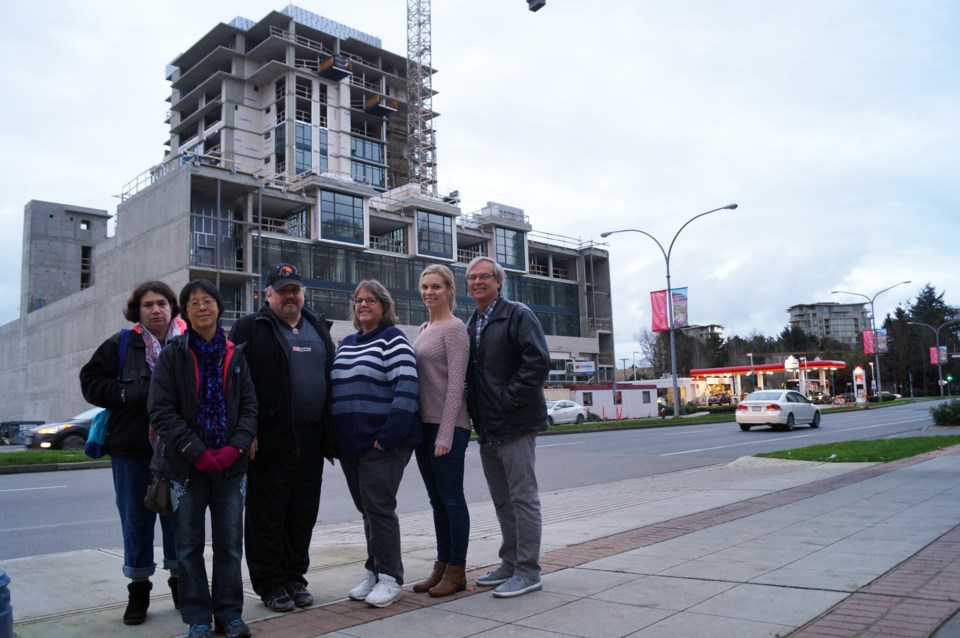Come next summer, Pathways executive director Dave MacDonald hopes to have his two dozen employees moved into a new clubhouse for the non-profit, social service agency that assists people with mental illness.
Spirits are already high just thinking about the big move into Storeys, the name of a multi-purpose development on Anderson Road that will soon host six social service agencies and establish 129 units of subsidized rental housing for vulnerable citizens.
Yet, the atmosphere at the existing Pathways clubhouse on Elmbridge Way has been extra euphoric this week, said MacDonald, thanks to recognition from Charity Intelligence Canada (CIC) that named the agency as among Canada’s most transparent and high-impact charities.
“It’s cool. We were shocked. We had no idea we were in the running,” said MacDonald.
CIC is a private organization that assesses the value charities provide donors. It particularly focuses on determining how much “social value” is being created for each dollar that’s donated to a charity — what it dubs Social Return on Investment (SROI).
MacDonald said Pathways’ SROI is about 14 to one. So, for every dollar Pathways receives, the community gains $14 in social value.
It works like this, MacDonald explained: Pathways provides education, access to employment opportunities, counselling and subsidized housing for people with mental illness. In doing so, society benefits and this can be measured with both objective and subjective metrics.
With help from Pathways, “there’s less pressure on social benefits, less time for people in the hospital, people are no longer homeless,” said MacDonald.
“There’s a major component people with mental illness ending up in jail. As a taxpayer, there’s a heavy cost,” he said.
But SROI isn’t just about money, he noted.
Pathways opens up a dialogue on mental health, added MacDonald. Its 350 or so members not only receive help, but many also begin to talk about mental illness with their family, friends and work colleagues.
The CIC report lauding the “four-star” charity is important particularly since Pathways increasingly relies on private donations, as opposed to government funding, noted MacDonald.
He is well-aware of the stresses placed on the mentally ill when they only receive a $935 benefits cheque monthly and pay up to $600 for rent, including a subsidy.
As Pathways continues to seek outside support from local residents and businesses, it helps having the CIC accreditation behind it.
“I can’t blame people for being skeptical of certain charities out there,” said MacDonald.
“When I know money goes to administration or to spend on more fundraising, that bothers me,” he added.
CIC notes administration and fundraising accounts for a combined 27 per cent of Pathways’ costs — a number that’s been on the decline the past three years.



